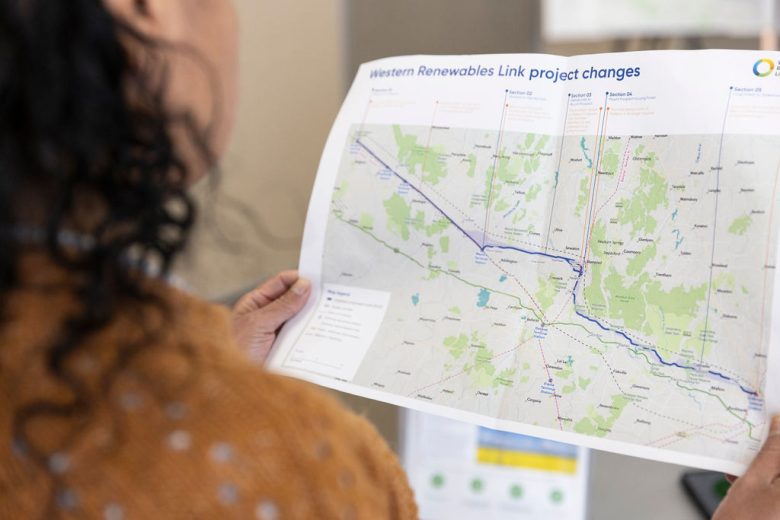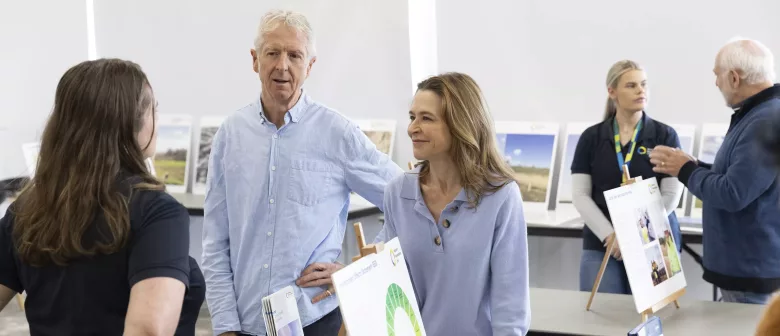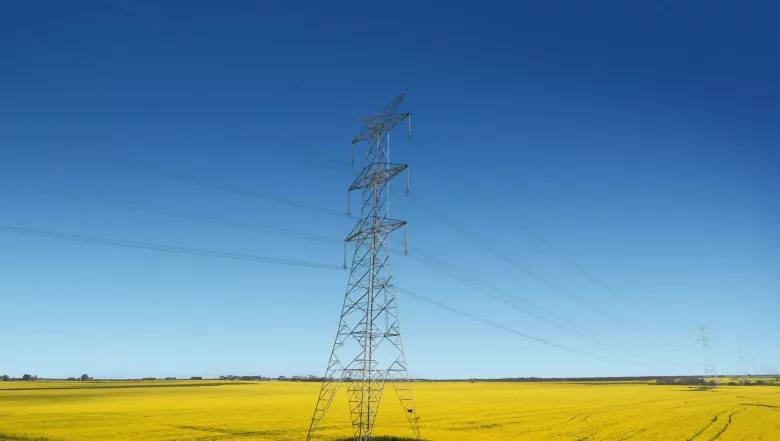FAQs
Search Results
General
Farmers, particularly potato farmers, say your transmission lines will destroy their business. How do you respond?
We understand that agriculture and associated industries are critically important to communities along the proposed project route. There will be some agricultural impacts and activities that will be restricted; however, farmers safely operate on existing easements across our 6,500km network of transmission lines in Victoria, including irrigated horticulture, broadacre crops and grazing.
Based on our latest design assumptions, our investigations show that the equipment for potato farming will largely be able to be accommodated. However, as outlined in the Landholder Guide, rain gun irrigators are not permitted, and there are height restrictions on vehicles and equipment under the transmission line.
We encourage landholders with property on the proposed route to discuss their farming operations and the impact of the proposed transmission line on their activities with their Land Liaison Officer.
We will work with landholders to determine tower siting and access track locations and to understand their operational requirements to minimise impacts where possible. We will also assist farmers with safety assessments required to operate certain machinery under the lines and compensate them for changes to their land value and farming practices, such as replacing equipment.
For detailed information about the permitted farming activities that can safely continue underneath the transmission lines, as well as the activities which are not permitted, please refer to the Landholder Guide: Easement safety and permitted activities. Note: the information within the guide only relates to the Western Renewables Link, and not existing infrastructure.
For all other existing electricity transmission lines within Victoria, please refer to A guide to living with transmission line easements available on the AusNet Services website. Note: this guide applies to existing transmission line easements only.



